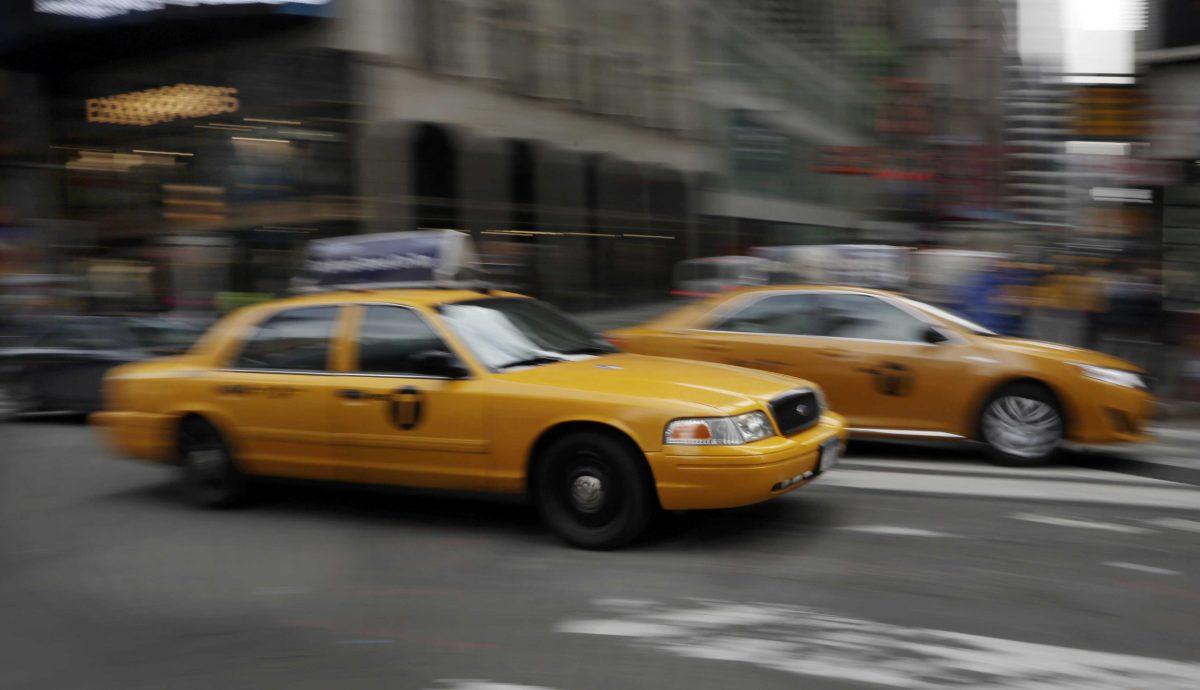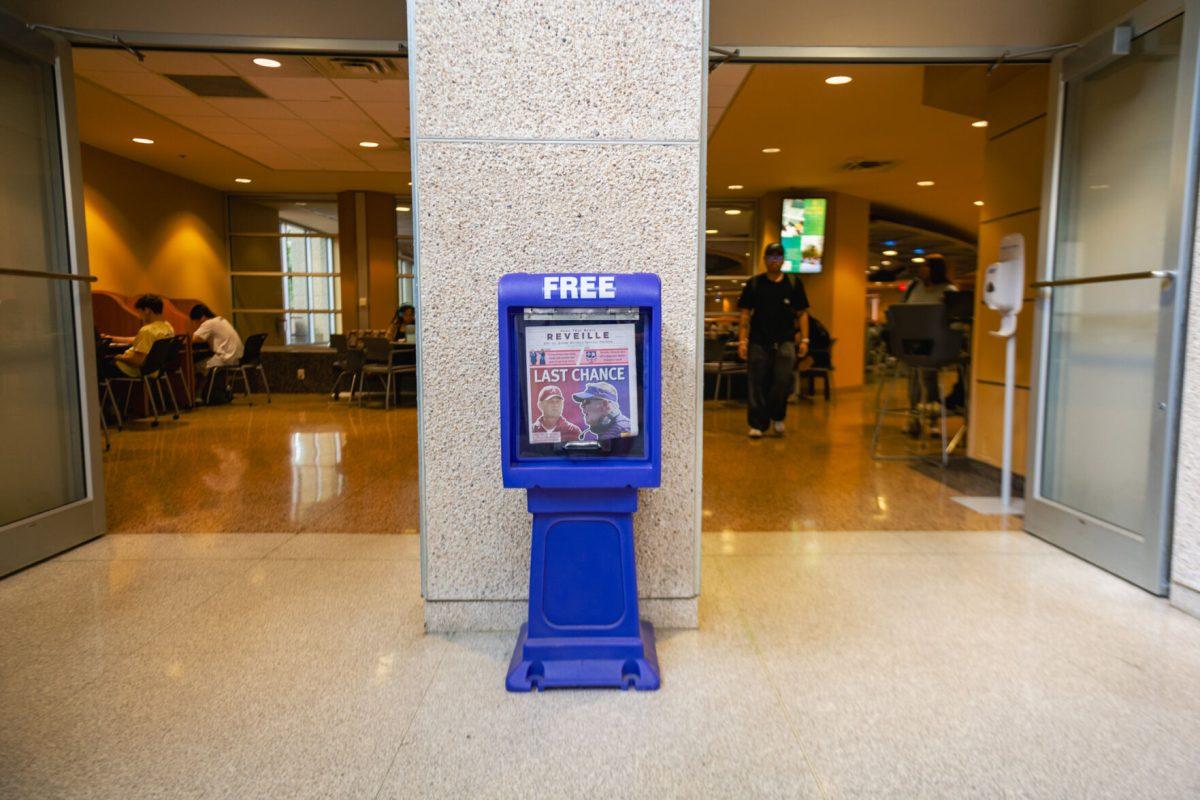I first heard of Uber when it started up in Chicago, and my friend who attends the University of Chicago sang me its praises.
“It’s great,” he said in my admittedly hazy memories. “It’s this service where you get an app, and you call for a car, and they take you wherever you want, and you pay them.”
Call me stupid, but it sounded to me like he just described a taxi service that uses an app instead of a phone number. So what’s the difference? My friend was a little less effusive on that point.
“It’s just, like, better,” was all he could come up with. But I could tell what he was getting at.
Uber started business in Baton Rouge last week, and so far things are not exactly going swimmingly. The company quickly found itself being hounded by the city Taxicab Control Board after failing to pay registration fees for its vehicles, as reported by the Greater Baton Rouge Business Report’s David Jacobs.
This, and murky ethical areas in general, isn’t new territory for Uber. Last week, the company was sued by a group of five Virginia taxi companies who say Uber is operating illegally because its drivers lack taxi licenses. Uber cofounder Travis Kalanick, for his part, has said his company is not a taxi company, but a “technology platform,” and that its drivers are not employees but freelancing “contractors.”
It’s a complex issue simply because the legal system has never had to regulate companies formatted like Uber. The system of rules, as it currently exists, may not apply to Uber and similar companies like Lyft by the letter of the law.
But that doesn’t give the company the right to act outside of government regulation. Uber clearly offers the same service as other taxi companies, so it must be forced to follow the same regulations that keep its customers and employees safe.
When I was interning at a newspaper in Delaware last summer, I spent a lot of time with the taxi drivers of Wilmington, Del., while they went on strike in protest of an unfair police crackdown on parking restrictions at certain taxi hotspots around the city. The vast majority of those drivers were immigrants from Africa and the Middle East.
Many of them were trained in a profession back home, but their immigration status prevented them from working most jobs – one man had been an elementary school teacher in Cameroon, but after moving here had few options other than cab driving. These men (and they were overwhelmingly male) invariably worked overtime several days a week, hardly spending time at home, in order to support their families.
The people who work this job – largely immigrants and ethnic minorities – are some of the our country’s most-exploited, and they deserve the protection of the law to ensure their fair treatment. Uber has already come under fire for exploiting its drivers – a lawsuit filed in Boston in June alleges that the company “retains a portion” of tips given to drivers – and unless legal action is taken quickly to show that Uber is not above the law, that exploitation will spread to Baton Rouge.
Gordon Brillon is a 21-year-old mass communication senior from Lincoln, R.I.
Opinion: Unlawful Uber unfavorable for drivers and passengers
July 21, 2014
FILE – In this Thursday, Feb. 27, 2014 file photo, New York City taxis drive through New York’s Times Square. The car-hailing service Uber is taking on New York City’s taxis, temporarily dropping some of its prices by 20 percent starting Monday, July 7, 2014. (AP Photo/Richard Drew)
More to Discover













